(239 products available)



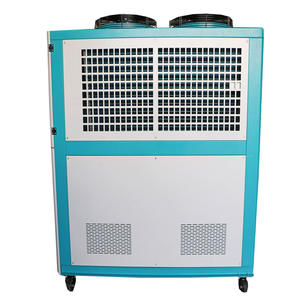

















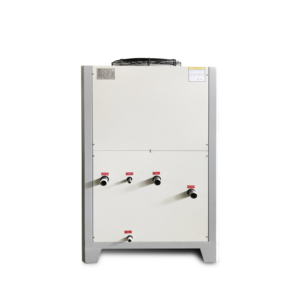





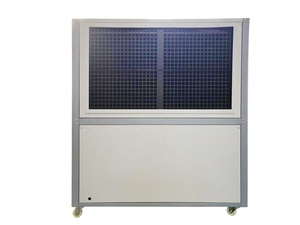







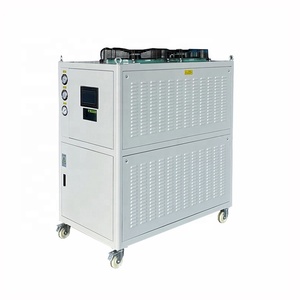








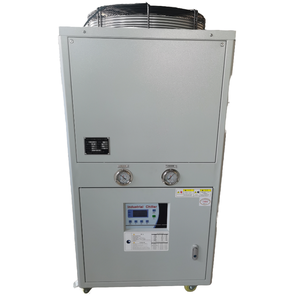









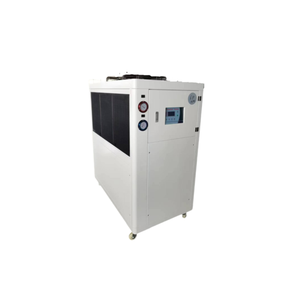










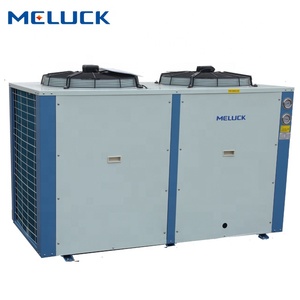

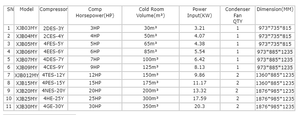
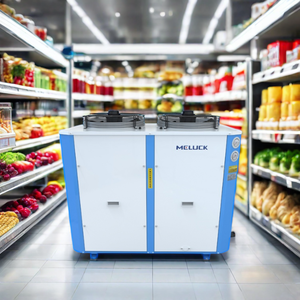





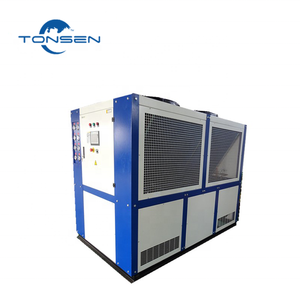

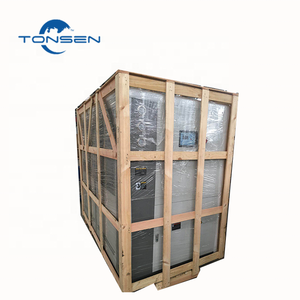








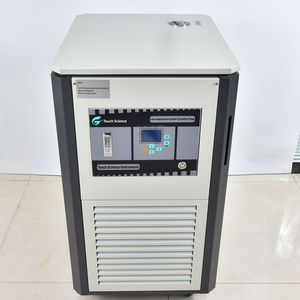



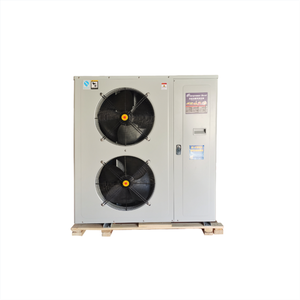
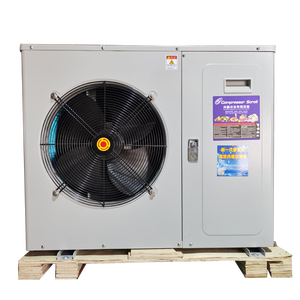

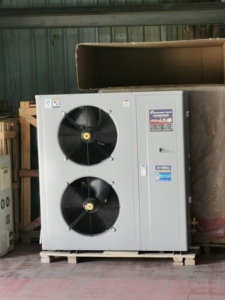

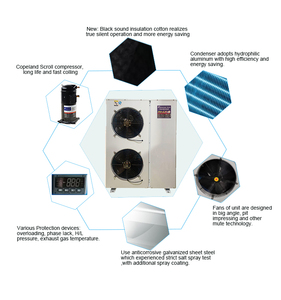

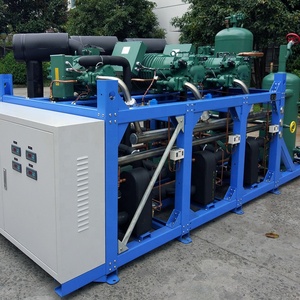
















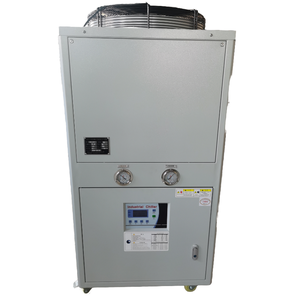
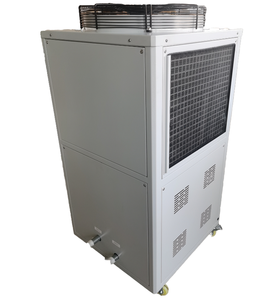







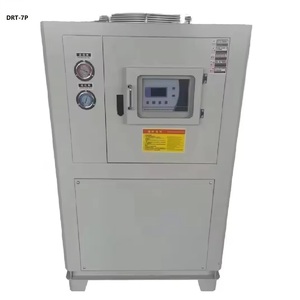


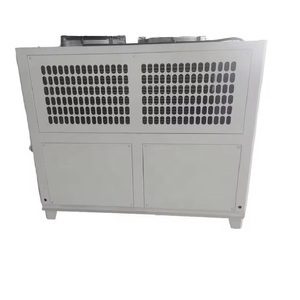


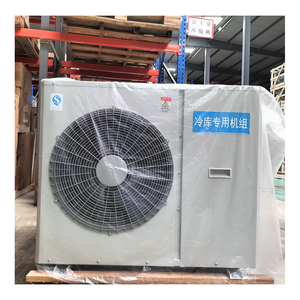







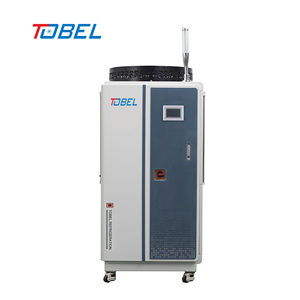





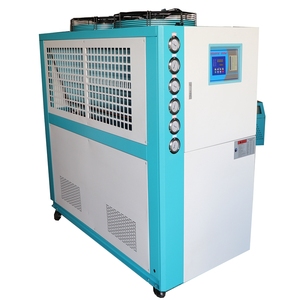



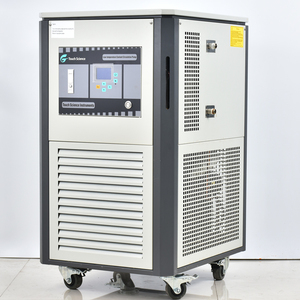



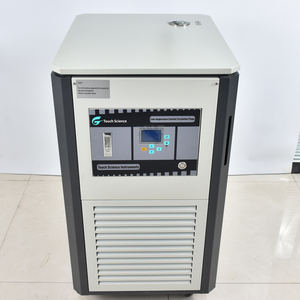


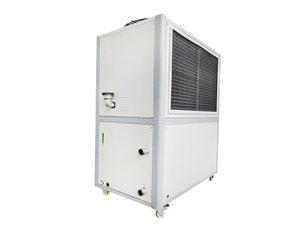



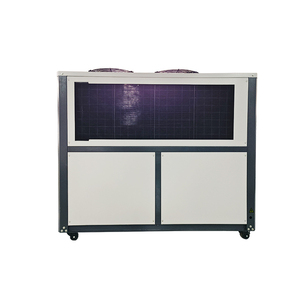
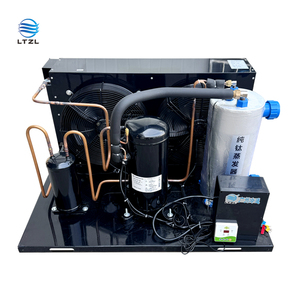




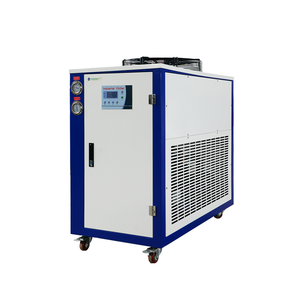



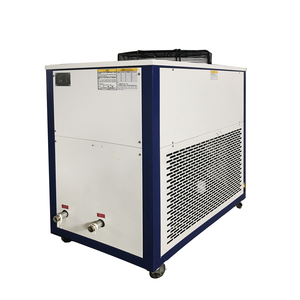
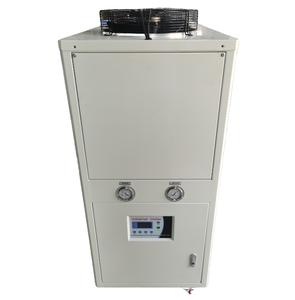
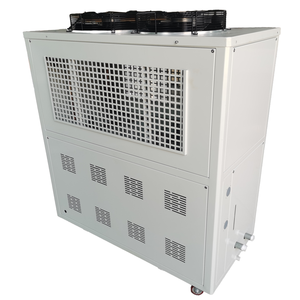
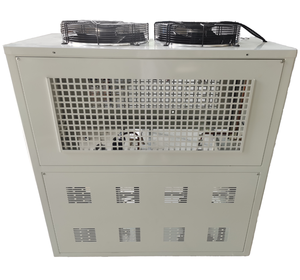













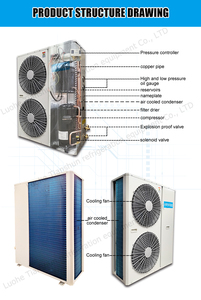



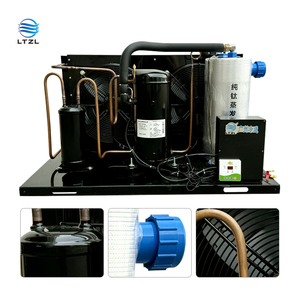

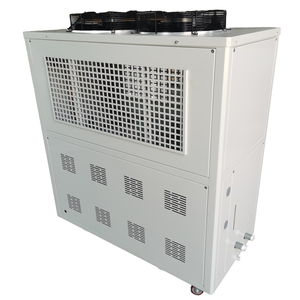


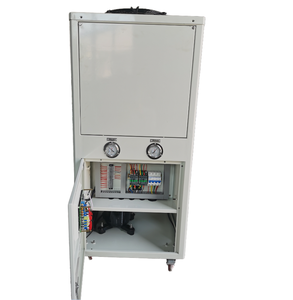
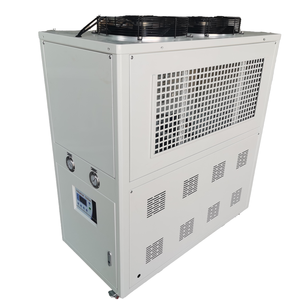



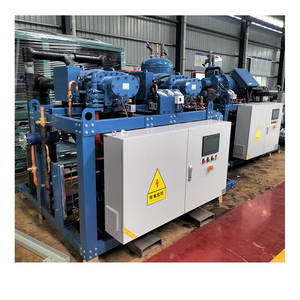
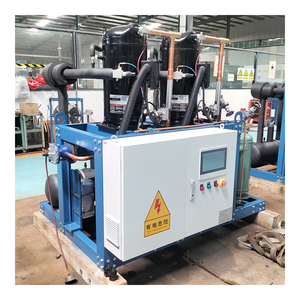






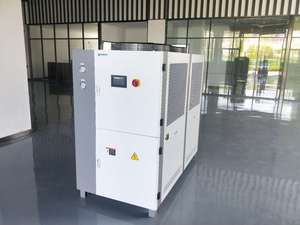

7hp chillers are available in air-cooled, water-cooled, and liquid-cooled configurations.
These are some key specifications and typical 7hp water chiller parts along with their maintenance requirements:
Cooling Capacity:
Maintenance: To ensure optimal performance, the 7 compressor hp chillers should be maintained properly. This includes regularly inspecting the refrigerant for leaks. If the level drops, the technician should refill it. Clean the condenser and evaporator coils to remove any dirt or debris. Verify that the fans are working correctly so that heat transfer occurs efficiently. Also, ensure that the compressor and other moving parts have enough lubrication. Finally, check the controls and sensors to ensure they are functioning as intended. Address any issues and make necessary repairs to avoid potential downtimes.
Refrigerant:
Maintenance: The 7-hp refrigeration system's efficiency relies heavily on the type of refrigerant used. Because of this, it's important to monitor the refrigerant's level regularly. If there are any refrigerant leaks, have them repaired as soon as possible. Additionally, avoid mixing different kinds of refrigerants together. Each variety of refrigerant has its own unique chemical properties that enable efficient cooling. Any deviation can disrupt this balance, leading to subpar performance.
Electrical Components:
Maintenance: Typical 7-hp water chillers have various electrical parts. These include the thermostat, contactor, power supply, and evaporator fan motor. All of these components work to efficiently circulate cool water. For this reason, users should take steps to protect them from damage. Shut off the power supply before carrying out any repairs or maintenance. Make sure that the connections are firm and secured. Also, inspect the insulation on wires and cables to ensure they are not worn or damaged. Finally, monitor electrical components' performance and identify and address abnormal conditions immediately.
Industrial manufacturing process cooling
7hp air chillers are widely used in various manufacturing industries such as plastics, chemicals, electronics, food and beverages, pharmaceuticals, and more. They cool and stabilize the optimal operating temperatures for automated process equipment to ensure product quality, reduce defects, and improve production efficiency.
Injection molding chilled water system
The injection molding industry typically uses 7hp air conditioners as a cool water machine to cool the molds rapidly during the injection molding process, ensuring even and rapid cooling of the molded products. 7hp air conditioners can also maintain the temperature of injected plastic to decrease the energy required to cool the molded plastic and eliminate the temperature fluctuation of the plastic.
Large-scale air conditioning refrigeration
In the field of central air conditioning, 7hp chillers can be applied to large-scale central air conditioning systems. Central air conditioning systems typically use a refrigerant-based cooling mechanism, and the central machine can use a 7hp chiller as the core cooling unit. 7hp chillers can provide an abundant and stable refrigerated central unit for the entire central air conditioning system, which can be easily and widely used in the central air conditioning system of commercial buildings, hotels, large shopping malls, offices, schools, factories, and other places.
Refrigerated warehouses and cold room storage
7hp air chillers can be used to build refrigerated warehouses or cold rooms for food, medicine, flowers, and other perishables, as well as for the storage of certain chemicals, materials, and equipment that require refrigeration.
Food processing and preservation
In the food industry, 7hp chillers can be used for food processing, such as cooling, freezing and refrigeration, to maintain the quality and safety of food. Additionally, 7hp chillers can be used for food storage and preservation to extend the shelf life of food.
Medical and pharmaceutical refrigeration
7hp chillers can be used in medical and pharmaceutical industries to maintain specific temperatures for equipment such as laboratory equipment, medical imaging equipment, and analytical instruments, as well as for refrigeration and cold storage systems.
Laser machine cooling system
Laser processing machines are applied widely in various fields such as laser engraving, laser cutting, laser marking, and more. Laser machines generally require the use of a laser cooler to ensure that their laser tube achieves a proper operating temperature, which helps to stabilize and optimize the output power and quality of the laser.
Business buyers need to consider several factors before choosing a 7hp chiller for their application. They should focus on the important features of the 7hp chiller to ensure optimum performance.
Load Calculation:
Business buyers need to determine the cooling load of their application. It typically represents the amount of heat that needs to be removed and is measured in BTUs or watts. To measure the cooling load, buyers need to consider factors such as heat sources, temperature requirements, and the size of the facility or equipment needing cooling.
Efficiency:
When choosing a 7hp chiller, business buyers should consider its energy efficiency. They can do this by evaluating its EER (Energy Efficiency Ratio) or SCOP (Seasonal Coefficient of Performance). An efficient chiller can help reduce operating costs considerably.
Operation and Maintenance Cost:
Business buyers should consider not only the initial purchase price of the 7hp chiller but also its total life cost. This includes its energy efficiency, maintenance requirements and reliability. A chiller with a lower maintenance requirement and good reliability can save business buyers money in the long run.
Capacity Matching:
Buyers should choose a 7hp chiller whose capacity closely matches their cooling requirements. An oversized chiller will cycle frequently, resulting in higher energy consumption and more wear. On the contrary, an undersized chiller will struggle to meet the cooling demand.
Type of Chiller:
As mentioned above, 7hp chillers can be classified into different categories based on varying factors. Business buyers need to choose the type of chiller that best suits their application requirements.
Noise Level:
For some applications or installations in close proximity to occupied spaces, a buyer may need to consider the chiller's noise level. They may choose a chiller designed for low noise operation or consider additional noise attenuation solutions like sound enclosures or vibration isolators.
Q1: What is the difference between a refrigerant chiller and an absorption chiller?
A1: The refrigerant chiller uses refrigerant gas compression to remove heat from processes or buildings. On the other hand, absorption chillers use heat energy from steam, hot water, or natural gas to cool.
Q2: What are the benefits of using chillers in industrial processes?
A2: Industrial chillers can precisely control temperatures, ensuring processes are optimal. They can extend product shelf lives and prevent equipment from overheating. Chillers also help reduce heat generated by industrial processes, minimizing the risk of fire or safety hazards.
Q3: How do businesses decide on the size and capacity of a chiller?
A3: Businesses typically calculate their cooling load in BTUs per hour or kilowatts. Factors such as the volume of air to be cooled, the ambient temperature, insulation, and the specific application are considered. Consulting with cooling system experts can also help businesses determine the right size and capacity.
Q4: What are some trends in chiller technology?
A4: Some trends include developing more efficient chillers, such as those with variable-speed drives. IoT integration allows monitoring and remote control. There is a growing focus on chillers that use natural refrigerants to minimize environmental impact.